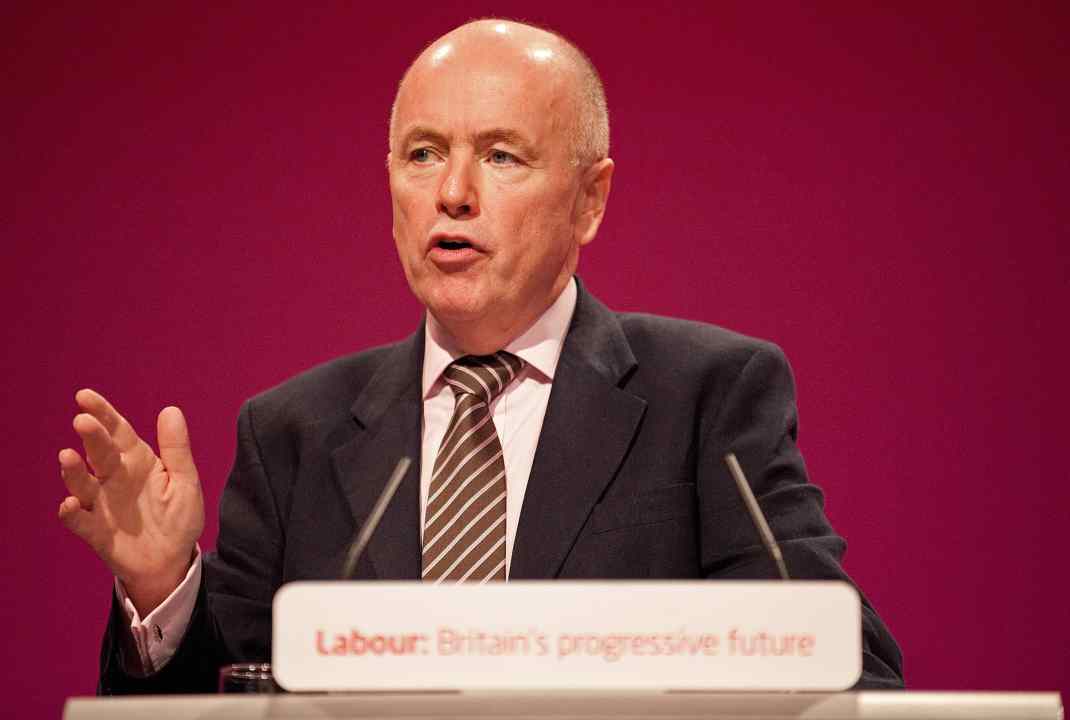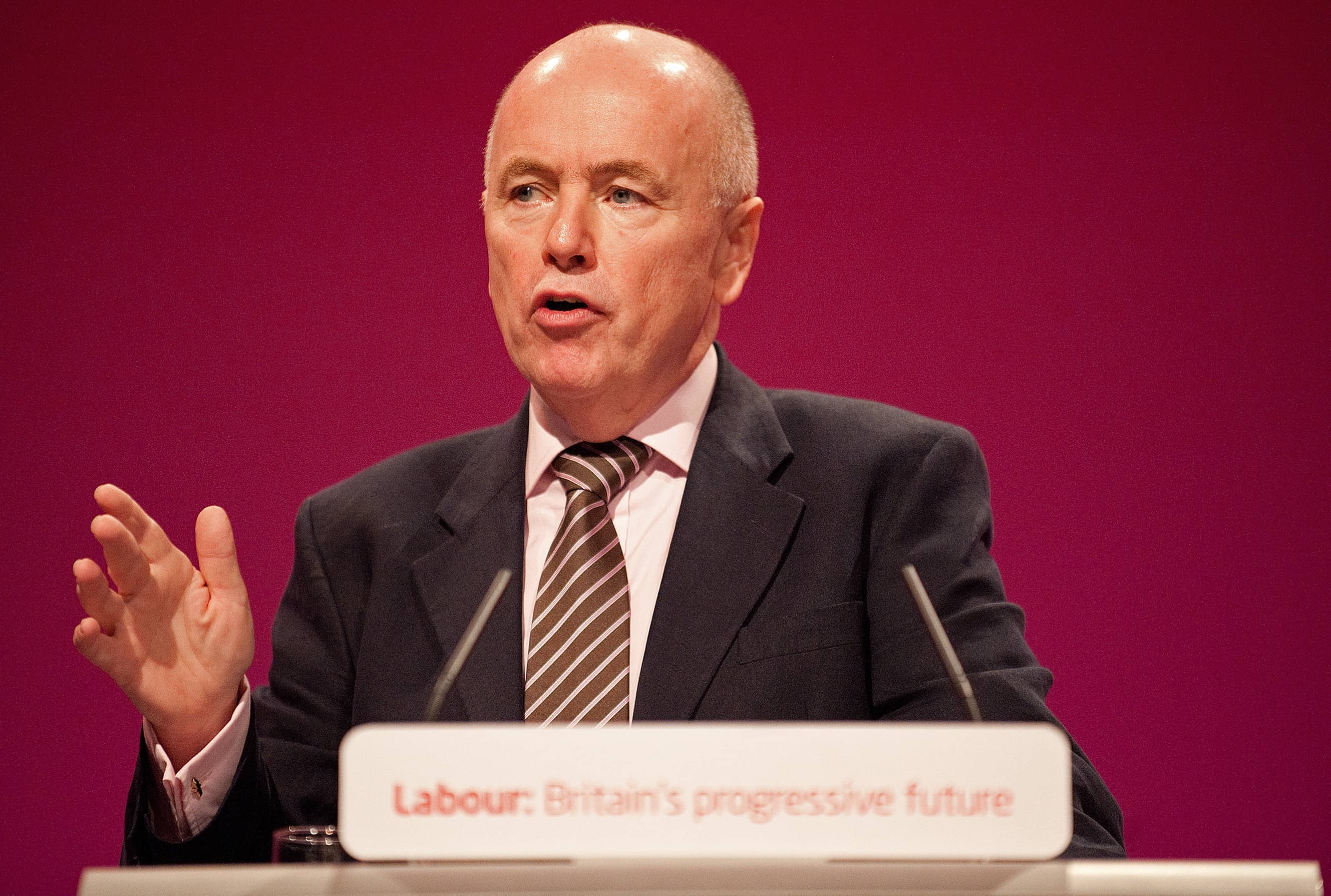Jack Dromey, who has died today aged 73, was a Labour MP, a trade unionist and a campaigner. He was extremely well-liked across the House of Commons: something that those who didn’t know him will have noticed immediately in the shocked tributes that have been pouring in from Westminster figures. He was a good MP, one with a clear set of political beliefs but who never let them stop him from working with those he disagreed with. He formed firm friendships with many MPs on the other side of the house, which is not something every member manages. It is a testament to the way he operated that it is difficult to distinguish the Conservative tributes to him from the Labour ones: he inspired and taught many from his own party, but Conservative ministers enjoyed his genial, constructive way of working, and he was often to be found in Portcullis House with a friendly word about the families of members and journalists alike.
It is a testament to the way he operated that it is difficult to distinguish the Conservative tributes to him from the Labour ones
He was a former Labour Party treasurer and deputy general secretary of the Transport and General Workers’ Union. He was elected MP for Birmingham Erdington in 2010. Dromey was married to Harriet Harman, and the pair had been appearing to plan a life outside the Commons after their long service, with Harman announcing last year that she would not stand again at the next general election.
Dromey was particularly fêted in his party for his work as a trade union officer in the 1976-8 Grunwick strike at a film processing laboratory. This evening party leader Sir Keir Starmer paid tribute to him, saying he ‘dedicated his life to standing up for working people through the Labour movement’ and that he ‘lived his commitment to social justice every day’. The Speaker Sir Lindsay Hoyle described him as a ‘great guy, down to earth, always positive and always looking to support and save jobs’. On The Tory benches, Education Secretary Nadhim Zahawi said he was ‘heartbroken’ at the death of a ‘friend’. Work and Pensions Secretary Therese Coffey called him a ‘very decent MP and shadow minister’ who ‘will be much missed’.
I first came across him as a housing journalist when he was covering the brief as a junior shadow minister. Then he was helpful and constructive, but surprisingly the best conversations the two of us had were when I moved to this magazine. I remember approaching him at a Labour conference rather nervous that — as a Labour trade unionist — he might not want to talk to someone from The Spectator, but he was instantly warm and jovial. He reflected on his party’s failure to recognise that the electorate really liked Margaret Thatcher’s Right to Buy. The best piece of work I did with him illustrated what a generous and constructive character he was: he joined Tory Caroline Spelman in a radio interview to talk about how the pair of them had enjoyed working together on an amendment to Brexit legislation.
‘We are of different backgrounds and different political traditions but we’re absolutely united in a passion to stand up for those we represent,’ he said, quoting with pride one constituent who he’d met as an apprentice at Jaguar Land Rover whose life had been transformed by his job. He spoke of ‘decent Tories’ who had supported the amendment he and Spelman had brought, which had passed, and of his emotion on it succeeding. It was such a warm discussion where they agreed that they had the same motivation to protect their constituents who shared a big employer. And it was entirely typical of Dromey, as anyone who met him will attest.








Comments